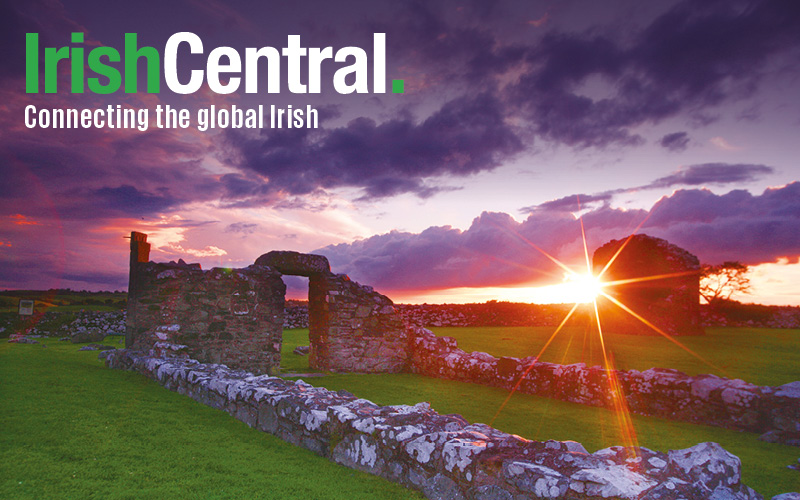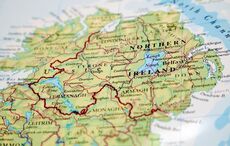In the wake of the Brexit vote, in which 51.9% of those who voted in the UK decided that the country should leave the European Union, Northern Ireland’s First Minister Martin McGuinness called for a border poll on a united Ireland.
The 1998 Good Friday agreement has a provision for such a vote, and McGuinness and Sinn Fein (Ireland’s only all-island political party) reason that now is an ideal time for such a vote given that the majority voters in Northern Ireland supported the 'Remain' side and do not wish to leave the EU.
Since that initial call, McGuinness’ fellow leaders in Northern Ireland and the Republic of Ireland have largely dismissed the idea, with First Minister Arlene Foster saying she welcomes the Brexit results, Ireland’s Taoiseach (Prime Minister) Enda Kenny saying there are more pressing concerns at hand.
So, we wanted to know what IrishCentral readers thought of the idea.
Out of the 3,381 of you who voted in the poll, 88% believe that now is the time for a border vote on a united Ireland.
The country with the largest number of voters, the US, with 1,878, was 92% in favor. Ireland, with 467 voters, was 79% in favor. Interestingly, the breakdown was the same in the UK, where 79% of the 401 individuals who participated supported McGuinness’ proposal.
Other hubs of the Irish diaspora were also strongly in favor. In Canada, 85% said “Yes,” while in Australia, the number was slightly higher, at 87%.
The votes were spread across a range of ages, with the majority falling between 35 and 65. More men participated in the poll than women.
In the comments section, some readers declared that the Brexit results were a clear indication of a divide between Northern Ireland and the UK. “The majority of the people in northern Ireland voted to remain in the EU, as did the majority of the people in Scotland. Why should the votes of people in England override the democratic wishes of people who live in Scotland and the North of Ireland?” asked commenter Tip McConnell.
Some voting from outside of Ireland shared that ancestral links colored their views. “Since the Good Friday Agreement, Loyalists and Nationalists have been working together more than they did in the past. Is it possible that they would trust one another well enough to agree to join the Republic? I hope so. My mother's people were from Derry, my father's from Clare. All of it is the nation of Ireland to me,” wrote Hugh Mealy.
Others spoke to the distinct impact of the Brexit result for those in the UK. Emmo O’Riordan wrote, “If you're living in the states, I don't think you realize how much Brexit is hitting us all over the place back home. It means reunification is on the table, independent Scotland, working with Scotland, missile treaties, new borders, new tariffs, economic disaster, economic windfalls, which will win? (Windfalls? Or disasters?), and it may cause terrorism to re-appear. With a clear green majority in NI's youth, anything can happen now. And within the EU, it will change everything, because EU cannot continue without addressing the Brexit/Italy/Greece/Spain hot topics. Britain had a huge military, so, now... the EU will create one. Internal structures will change to create a Europe that it more 'superstate' but democratic. Healthy for the EU, probably. Nobody actually thought Brexit would really happen, but it seems they have sacrificed themselves."
Recent comments on the proposal from politicians include Irish Minister for Foreign Affairs Charlie Flanagan’s remarks that the wish of the majority of Northern Irish voters to remain in the EU is does not mean that the population of Northern Ireland would easily return to the Republic in order to remain in the EU.
He said that the vote “cannot logically be interpreted as meaning that a majority of the electorate would vote for a united Ireland.”
“They are two very different propositions. At present, there is no convincing evidence to suggest that a majority of the people of Northern Ireland would opt for a change in its constitutional status.”
Sinn Féin deputy leader Mary Lou McDonald disagreed, stating that it’s time to “trust the people in the North. They had a chance to hear the debate. They took their decision. Now let us use the mechanism that we have to make good on that democratic verdict.”




Comments